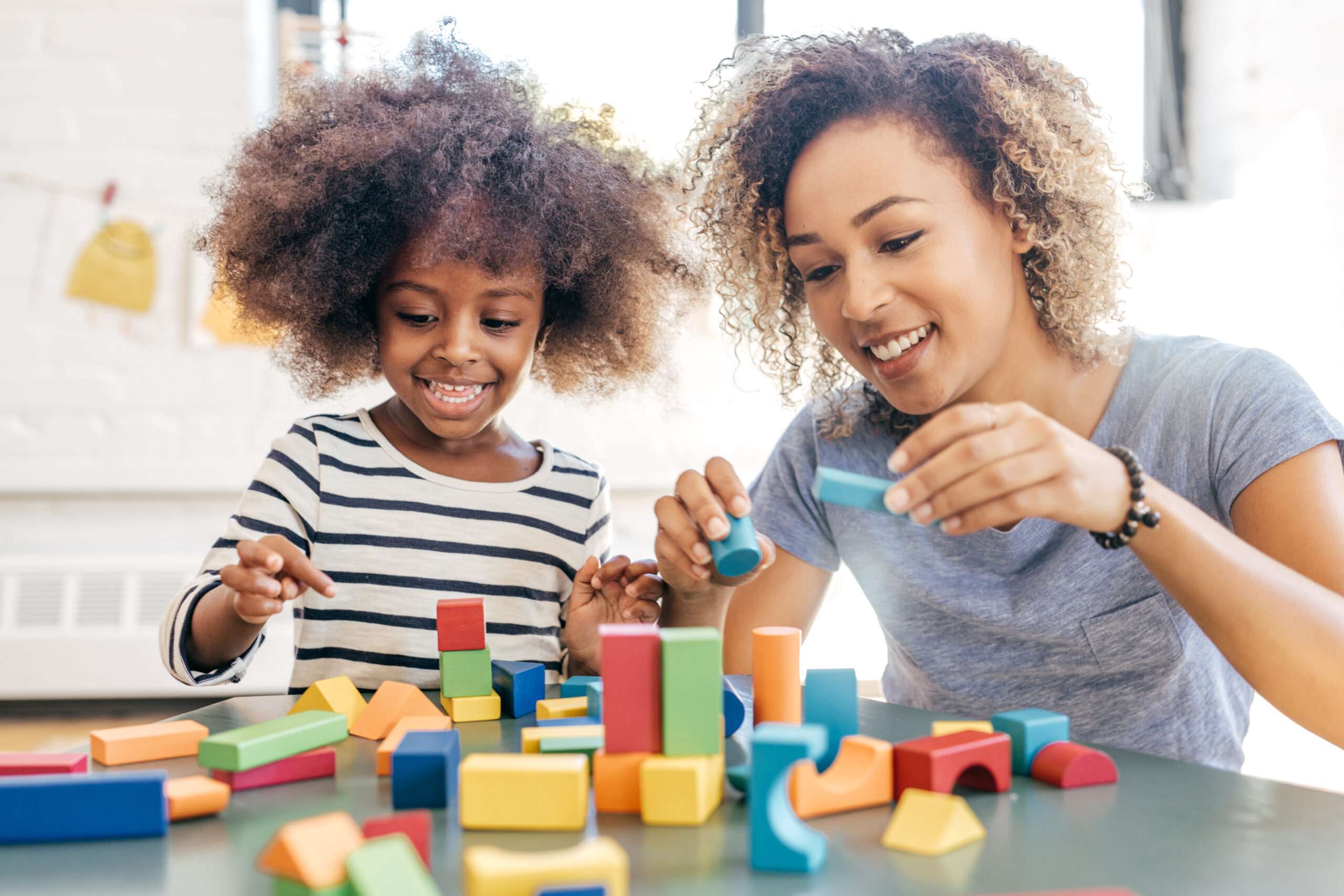Supporting your child’s early learning opportunities isn’t just important for the present. Doing so can plant the seeds for future success. According to the National Institute of Children’s Health and Human Development, studies show that supporting children’s early learning can result in higher test scores from preschool up to age 21, better grades in math and reading, and a better chance that children will stay in school and go to college.
Of course, getting your children interested in learning is easier said than done. Read on to learn four strategies that will make learning an engaging and entertaining experience for kids that can foster a lifelong love of learning.
1. Reward achievements
A powerful tool to motivate your kids to learn is positive reinforcement. By offering rewards like stickers, extra playtime, or a sweet treat when your child completes a tough assignment or gets a good grade, you can help them enjoy homework and other educational tasks.
A rewards system helps kids recognize their efforts and visualize their progress. This concrete proof of their achievements can encourage them to set goals and work steadily to achieve them.
One thing to remember is that the rewards shouldn’t overshadow the importance of learning itself. Make sure to emphasize both the short- and long-term benefits of knowledge.
2. Snacks as learning tools
Turn mundane lessons into a delightful experience by incorporating snacks into learning.
According to a study by The Nation’s Report Card, only 35% of students are reading proficiently by grade 4 and the National Assessment of Educational Progress reading scores are the lowest in decades. As such, it’s important to teach literacy in an engaging, imaginative way from an early age.
A bite-size snack that’s perfect for educational activities are Sun-Maid raisins. For the back-to-school season, the brand collaborated with ABCmouse, the leading digital learning program for children, to expand access to literacy resources.
Each iconic red Sun-Maid raisins box features exclusive, limited-edition ABCmouse flash cards with a sight word on every carton. Each pack of six boxes also features a custom link to an interactive microsite hosted by ABCmouse. There, kids will find a variety of imaginative and engaging activities, from over 120 different flashcards to worksheets to coloring pages. Not only will kids be learning, but they’ll also be enjoying a delicious better-for-you snack – a double win for parents and kids! To learn more about these fun, free learning activities, visit ABCmouse.com/ABC/SunMaid.
3. Plan field trips that inspire
You can extend learning beyond the classroom by taking your kids on inspiring field trips. If they’re learning about local history, check out a museum for exhibits on the topic. Many museums, zoos, botanical gardens, historical sites, and science centers offer interactive exhibits, guided tours and other activities that make subjects come to life. It’s these hands-on experiences that make learning fun and help children retain the knowledge they gain throughout the school year.
For a low-cost alternative, consider taking your kids out on a walk to discover and learn new things. Take turns identifying different things based on themes (e.g., name things you see that are yellow) or take a new path that leads to a fun surprise, such as stopping by a local Little Free Library.
4. Get crafty
When paired with a lesson, crafts are an excellent way to make learning meaningful. Making dioramas, posters, and models helps kids create a visual representation of what they’re learning and gives them a hands-on approach to learning.
If your child is learning about the solar system, help them build a model of the sun and planets to help solidify the concept. Or, if they’re learning about a historical event, they can design a diorama or poster that illustrates the event in a concrete way.
Parents can transform learning from a chore into an adventure by offering rewards, incorporating snacks, planning field trips, and using crafts. These tips can help you create an environment that encourages your kids’ curiosity and allows them to explore education in a fun and accessible way.







